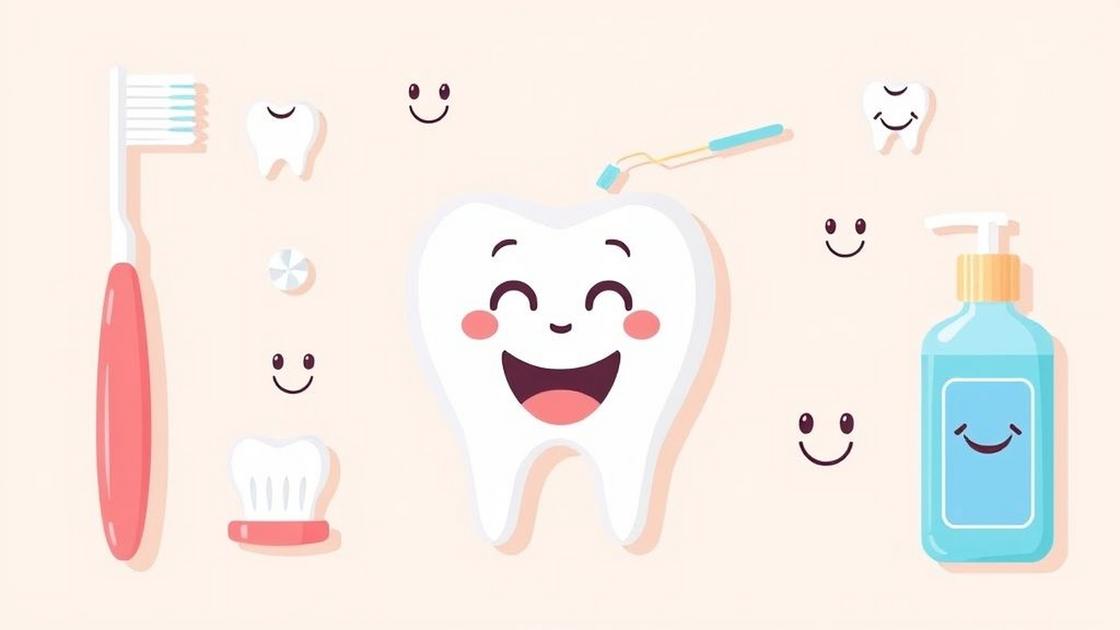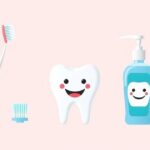Have you ever felt self-conscious about your teeth? You’re not alone! Many women over 30 face dental issues like enamel erosion, which can lead to sensitivity and other discomforts. But did you know that remineralizing teeth naturally with vitamins is possible? This article will guide you through effective methods to restore your dental health and confidence.
Understanding Dental Remineralization
Dental remineralization is the process where minerals, particularly calcium and phosphate, are replaced in the tooth enamel that has been lost due to acid exposure. This is a natural ability of the body, and it can help to strengthen your teeth and improve oral health. When your enamel is weakened, it can lead to issues like cavities and erosion. Understanding how to promote this process is key for maintaining a healthy smile.
The Role of Vitamins in Dental Health
Vitamins play a significant role in maintaining strong teeth and overall oral health. Essential vitamins can help in the process of remineralization by providing necessary nutrients that strengthen enamel. Key vitamins help improve gum health, reduce inflammation, and combat oral bacteria, making them vital for a radiant smile.
Best Vitamins for Remineralizing Teeth
Several vitamins are particularly beneficial for remineralizing teeth:
- Vitamin A: Essential for maintaining mucous membranes and preventing dry mouth, Vitamin A promotes oral health.
- Vitamin D: This vitamin enhances calcium absorption, which is crucial for strong enamel.
- Vitamin K: Helps prevent tooth decay by regulating calcium in the body, providing essential support for teeth.
- Vitamin C: Important for gum health, it fights inflammation and helps to heal gum tissues.
Foods Rich in Tooth-Friendly Nutrients
Incorporating certain foods into your diet can provide the vitamins and minerals necessary for healthy teeth. Here are some excellent choices:
- Dairy Products: Milk, cheese, and yogurt are rich in calcium and vitamin D.
- Leafy Greens: Spinach and kale contain calcium and important vitamins.
- Fatty Fish: Salmon and mackerel are high in vitamin D, promoting calcium absorption.
- Nuts and Seeds: Almonds and sunflower seeds are not only nutritious but also packed with calcium and other essential nutrients.
How to Adjust Your Diet for Healthier Teeth
Making small changes to your diet can significantly impact your oral health:
- Reduce Sugar Intake: Limit foods high in sugar, as they can lead to tooth decay.
- Stay Hydrated: Drinking plenty of water helps wash away food particles and bacteria.
- Snack Wisely: Choose tooth-friendly snacks like apples, carrots, and cheese.
- Limit Acids: Cut down on acidic foods and beverages that can wear away enamel.
Supplements for Optimal Dental Restoration
If you’re concerned that you’re not getting enough vitamins from your diet, consider supplements:
- Calcium Supplements: Useful for those who do not consume enough dairy or other calcium-rich foods.
- Vitamin D Supplements: An option for those who have limited sun exposure or dietary intake.
- Multivitamins: Choose ones that include essential vitamins for dental health.
Home Remedies to Strengthen Your Teeth
Natural home remedies can aid in remineralization:
- Oil Pulling: Swishing coconut or sesame oil can help reduce plaque and strengthen teeth.
- Baking Soda Paste: Mixing baking soda with water can work as a gentle abrasive cleaner for teeth.
- Green Tea: Rich in antioxidants, it can help reduce inflammation and benefit gum health.
- Homemade Toothpaste: Use a mixture of coconut oil and baking soda for a natural toothpaste.
Lifestyle Changes for Better Oral Health
Simple lifestyle adjustments can enhance your dental care:
- Quit Smoking: Tobacco harms oral health and contributes to dental problems.
- Regular Dental Visits: Schedule cleanings and check-ups to catch issues early.
- Practice Good Oral Hygiene: Brush twice daily and floss regularly to maintain clean teeth.
- Manage Stress: Reducing stress can improve your overall health, including dental health.
Common Dental Issues and Your Solutions
Many women face similar dental challenges. Here are some common issues and solutions:
- Cavities: Maintain good oral hygiene and eat a diet rich in remineralizing foods.
- Gum Disease: Regular check-ups and proper brushing can help prevent this.
- Bad Breath: Stay hydrated and chew sugar-free gum to promote saliva flow.
A Holistic Approach to Bright Smiles
A holistic approach involves caring for both your body and mouth. This means focusing on nutrition, lifestyle choices, and emotional health. Remember, just as many other women have transformed their smiles and lives through simple, positive changes, you can, too! Start taking steps today, and you’ll see the results in both your smile and overall well-being.
Embrace these tips, and let them guide you on your journey to healthier teeth and a brighter future! Remember, you are not alone in this journey, and the path to wellness and a radiant smile is within your reach.






